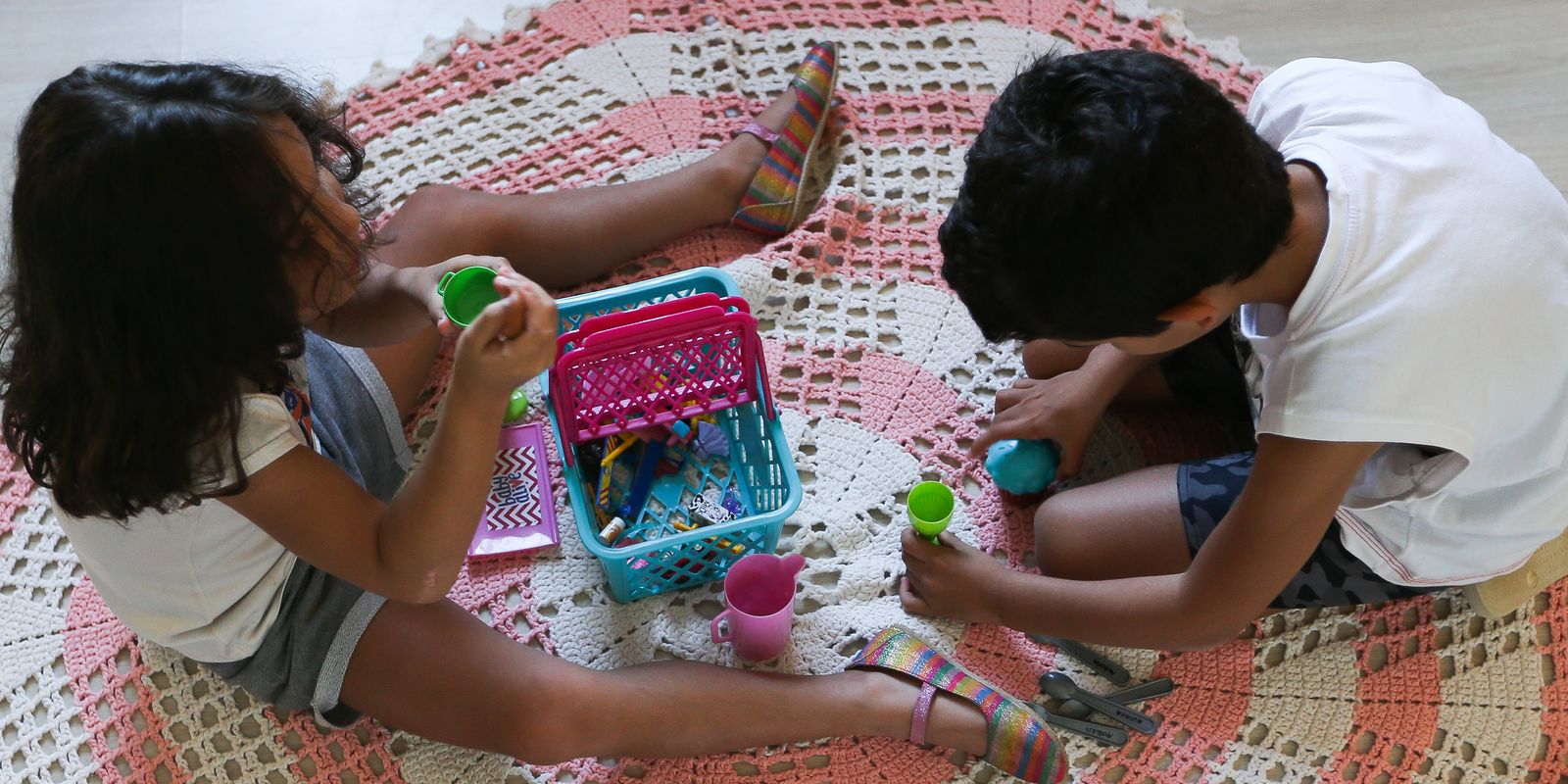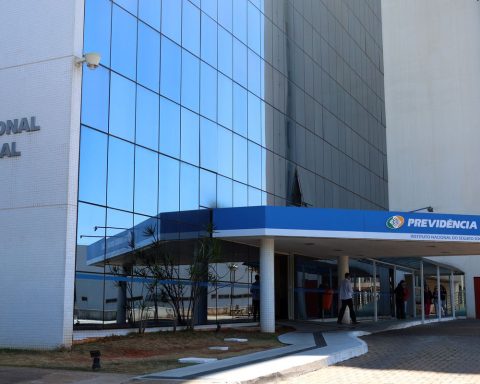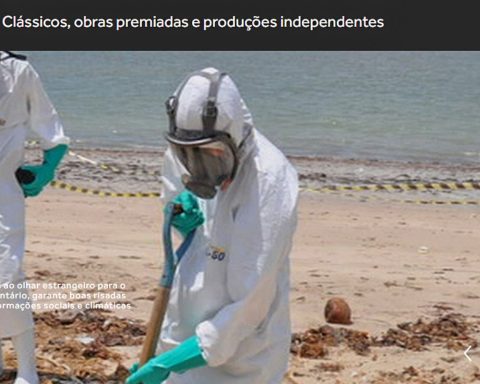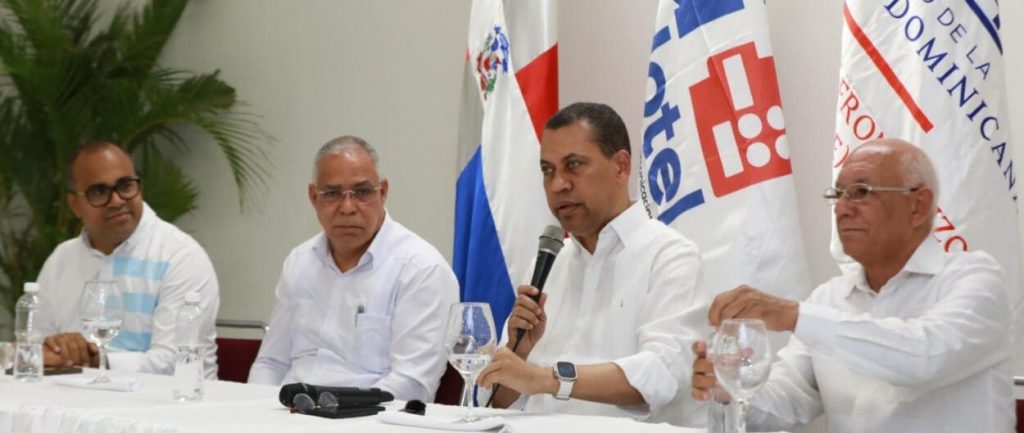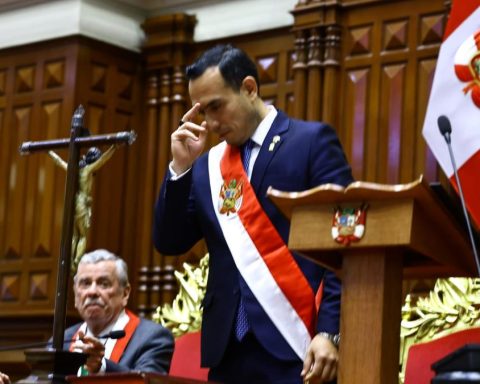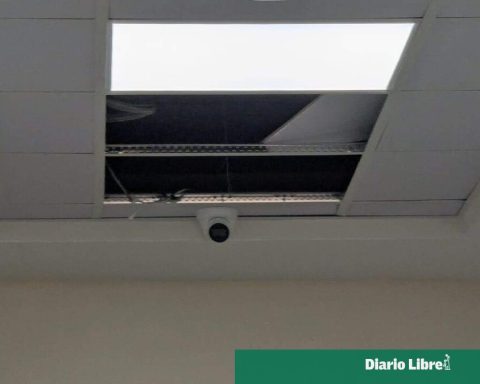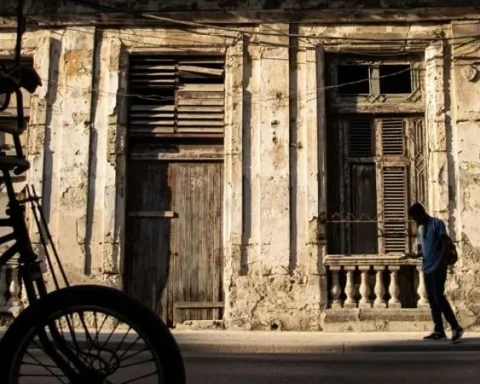Starting this Saturday (12) and lasting until Friday (18), the National Week for the Prevention of Violence in Early Childhood, aimed at reinforcing the fundamental role of society as a whole in protecting children and confronting different types of violence, such as abuse, aggression, mistreatment and neglect. Early childhood, a period from pregnancy to six years of age, is considered fundamental in the formation of a citizen more focused on social coexistence and a culture of peace.
It is in early childhood that a rapid and intense process of formation of neural connections and development of the brain and the entire central nervous system occurs. During this period, the experiences that the child lives are decisive for the neural structure that will develop socio-emotional, physical and cognitive skills. Skills that are necessary to have good mental and physical health throughout life.
In 2024, the Ministry of Health will promote several actions in the Unified Health System (SUS) aimed at enabling health professionals to identify signs and symptoms that may be indicative of violence.
Some of the main warning signs to be observed during consultations are: crying and irritability for no apparent reason; indifferent look, apathy or constant sadness; delay in development, loss or regression of achieved stages; difficulties in breastfeeding, which may lead to food refusal, persistent vomiting or feeding disorders.
Sleep disturbances should also be observed; frequent skin conditions, with no apparent cause; difficulties in socialization and tendency to isolation; anxiety or fear linked to certain people, sex, objects or situations.
The general coordinator of Health Care for Children, Adolescents and Young People at the Ministry of Health, Sonia Venancio, reinforces that mistreatment harms child development, and that children learn from the behavior of adults.
Sonia remembers that in early childhood, which lasts up to three years, care should be taken in cases of violence even more.
“At this age, they still don’t know how to express what they are feeling or interpret what happened, which makes it more difficult to identify aggression. Furthermore, the earlier it begins and the longer exposure to abuse lasts, the more serious the damage,” he explains.
Established by Law 11,523/2007, the National Week for the Prevention of Violence in Early Childhood is held annually from October 12th to 18th. It is promoted to raise awareness among the population about the importance of this period of life in forming a citizen focused on social coexistence and a culture of peace.
